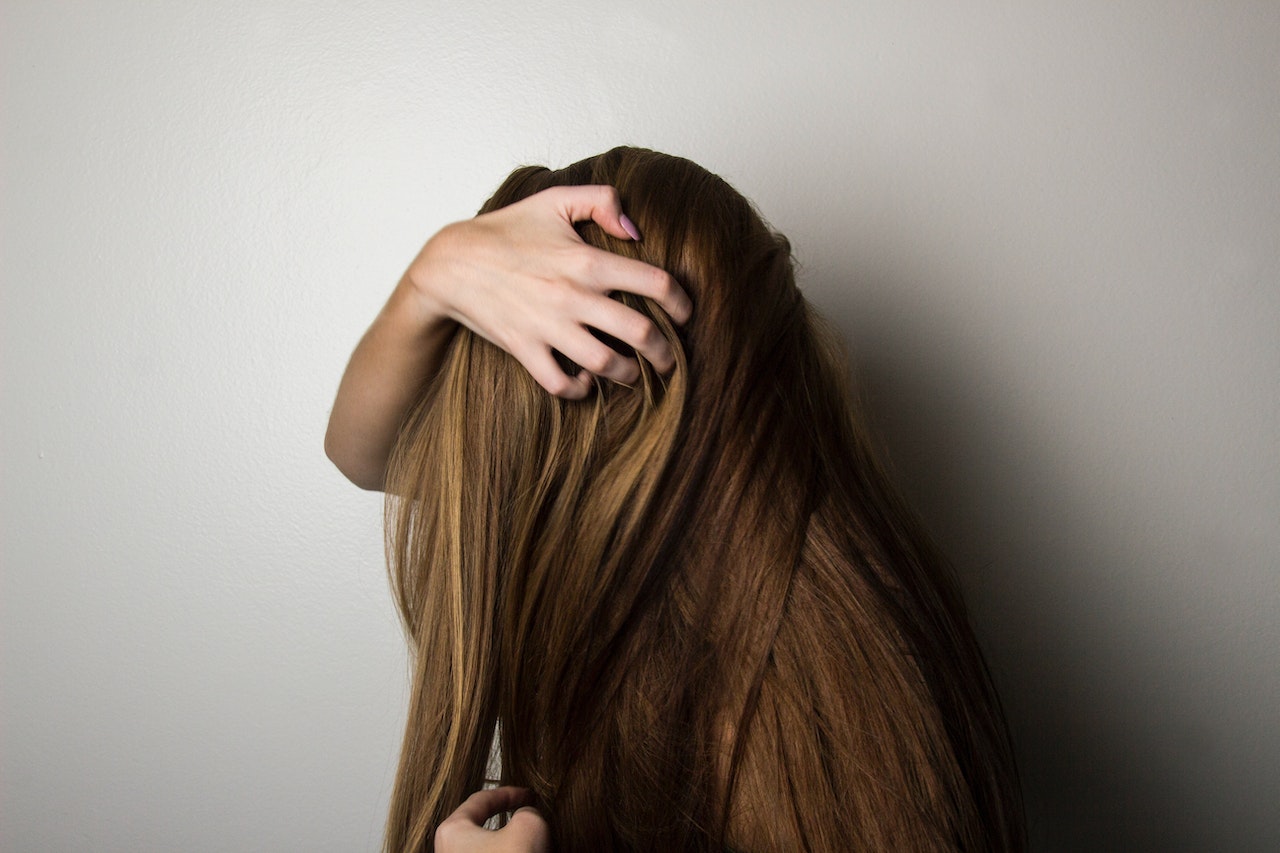
Taking care of your hair : things to consider
[AD. This is a collaborative post]The importance of hair care is indisputable. Not only does it affect our appearance, but it also impacts our overall health. According to the National Institute of Health, 27 million women in the United States have androgenetic alopecia, also known as female pattern hair loss (FPHL). It is the most common cause of hair loss in women and affects about one-third of all women.
The statistics could be better for men, too. An estimated 35 million men in the United States are affected by androgenetic alopecia, or male pattern hair loss (MPHL). By the age of 35, men might suffer from some sort of hair loss. By 50, approximately 85 percent of men will have significantly thinning hair.
Hair loss is not just a cosmetic issue. It can also indicate an underlying health condition, such as diabetes, lupus, thyroid disorders, anemia, and autoimmune diseases. If you are experiencing hair loss, it is essential to see your doctor to rule out any underlying medical causes.
Fortunately, there are things we can do to prevent or slow down hair loss. Here are a few steps to consider.
Healthy Habits
One of the best ways to prevent hair loss is to practice healthy hair-washing habits. Washing your hair too often can strip it of its natural oils, making it dry and brittle. This can lead to breakage and, eventually, hair loss.
Choosing the right shampoo and conditioner for your hair type is also essential. Those with oily hair should use shampoos that target oil control, while those with dry hair should opt for products that add moisture. Please be sure to read the labels carefully and avoid products that have harsh chemicals, such as sulfates, parabens, and phthalates. A straightening conditioner can also help to prevent hair loss. This conditioner can smooth the hair shaft, making it less likely to break.
Gentle Styling
Another way to keep your hair healthy is to style it gently. Avoid tight hairstyles, such as ponytails, buns and cornrows. These hairstyles can pull on your hair and lead to breakage. If you must wear your hair up, opt for a loose style, such as a low bun or side braid.
When brushing your hair, be sure to use a wide-toothed comb. Start at the bottom of your hair and work your way up to avoid tugging and pulling.Your hair can suffer from heat damage, so avoid using hot tools, such as hair dryers, curling irons, and flat irons. If you need to use heat, please be sure to use a heat-protectant spray.
Protective Hairstyles
If you are concerned about hair loss, consider wearing protective hairstyles. These styles can help to minimize the amount of tension on your hair.
Some examples of protective hairstyles include braids, twists, updos, and wigs. If you wear a wig or weave, select one made from natural fibers, such as human hair. Synthetic fibers are more likely to irritate and lead to further hair loss.
Protective hairstyles might only be suitable for some. If you have a medical condition, such as alopecia areata, that causes hair loss, you should speak to your doctor before trying new hairstyles.
Diet and Supplements
What you eat can also affect your hair health. Be sure to include plenty of protein-rich foods in your diets, such as lean meats, eggs, nuts, and beans. These foods contain biotin, a water-soluble vitamin essential for healthy hair growth.
You might also want to take a biotin supplement. Biotin is available in pill and liquid form and can be found at most drugstores.
Be sure to eat plenty of other nutrient-rich foods, such as fruits, vegetables, and whole grains. These foods contain vitamins and minerals essential for overall health, including hair health.
Consider taking a multivitamin or other supplements specifically formulated for hair loss. Supplements that contain omega-3 fatty acids, iron, zinc, and vitamin D are often recommended for those with hair loss.
Talk to Your Doctor
If you are concerned about hair loss, talk to your doctor. Hair loss can be a sign of an underlying medical condition that needs to be treated. Your doctor can also offer suggestions on preventing or slowing down hair loss. You should provide your doctor with a complete medical history, including any medications or supplements you are taking. Be sure to mention any recent changes in your diet or lifestyle.
Your doctor might also recommend lab tests, such as a blood test or a scalp biopsy. These tests can help to diagnose the cause of your hair loss and rule out other conditions.



